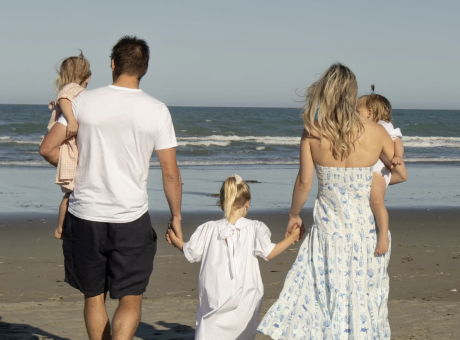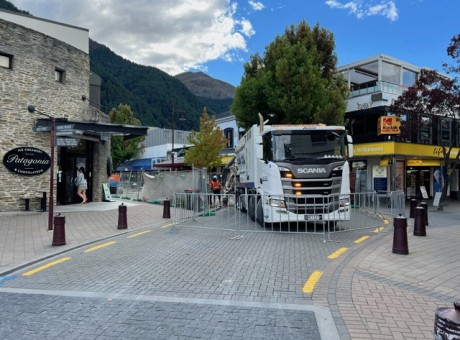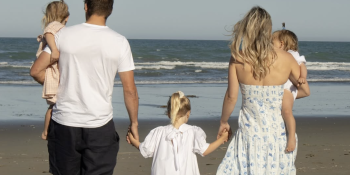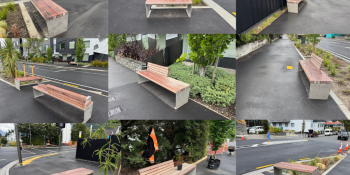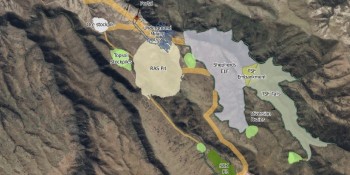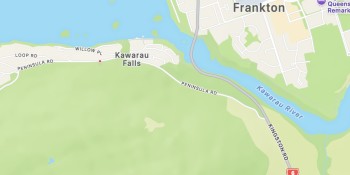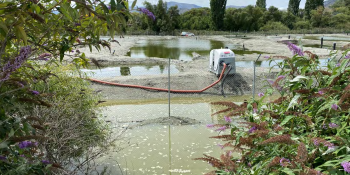Wānaka lakes missing out on council radio funding
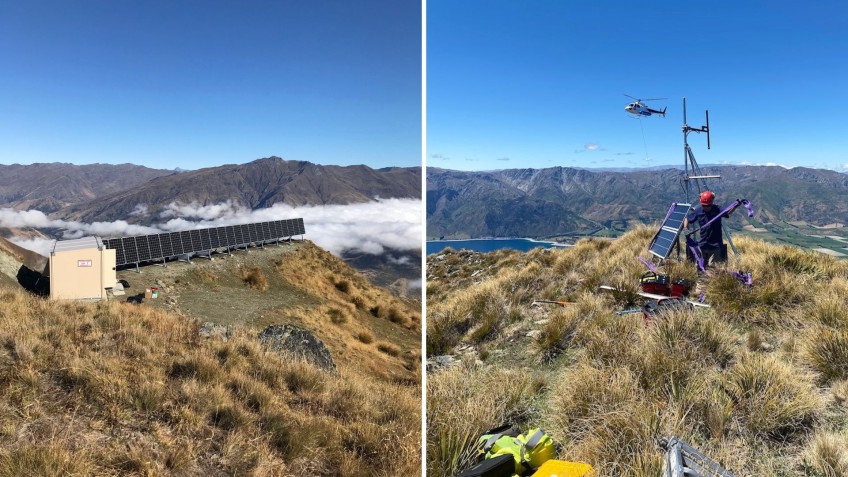
While the council is paying to keep an emergency radio channel up and running in Queenstown, volunteers in Wānaka and Hāwea are struggling to self-fund their own service.
Responding to Crux, a Queenstown Lakes District Council spokesperson says the council manages and funds the public VHF channel five.
It covers the Whakatipu Basin thanks to five repeater sites - at Coronet Peak, Mount Nicholas, Cecil Peak, the Remarkables and Mount Roy.
For Ian Brown, who is chair of the Upper Clutha Radio Telephone Users Association, the funding feels like "poor old Wānaka getting kicked in the guts again".
He thinks it is an inequity for the council to provide a radio service in one part of the district but not another.
Mr Brown and his committee are working hard to drum up more support from users of their radio service to sustain its future.
He says the two channels they make available are vital to boaties on Lakes Wānaka and Hāwea in an emergency, but the service is at risk from a lack of funding.
However, the council maintains the need for emergency radio coverage is not the same across the two locations, and the service in Queenstown is prioritised for a purpose.
"One of the important reasons behind this network is to ensure extended coverage for multiple daily international flights on the approach to and leaving Queenstown Airport, of which QLDC is the majority shareholder," the spokesperson says.
"The situation in the Upper Clutha is different in that there are no international flights using Wānaka Airport and, historically, the VHF channel is privately-run and maintained."
Mr Brown says his volunteers have raised as much as $400,000 in recent years to upgrade their set up, first installed in the 1970s, to increase radio coverage to otherwise radio and mobile dead spots across Wānaka's lakes.
But they're now struggling to cover ongoing annual operations costs to keep the high-tech kit serviced.
Mr Brown says he has repeatedly asked to meet with council staff to discuss the issue, with little response.
The council spokesperson did not respond to Crux questioning on whether council staff will engage with the Wānaka volunteer group on the funding issue, but did say there had been "previous dialogue" with the group and the council "recognised the passion and commitment" of its volunteers.
Whether that makes them deserving of public money, though, is a different story.
The spokesperson says VHF radio channels are maintained by plenty of others around the country, and many of them also receive no financial support from local authorities.
"For example, in our district, they are operated by some of the larger stations, infrastructure companies, helicopter operators and other tourism companies such as guiding outfits operating in the backcountry," the spokesperson says.
"Council does not contribute toward the costs of these networks."
The council is talking with other stakeholders, including Coastguard, Maritime NZ and Emergency Management Otago to determine if investing in the Wānaka lakes network provides bang for buck.
The spokesperson says it is a balancing act - what level of investment is acceptable to benefit a relatively small number of boaties on more remote areas of lake.
There are a much greater number of both commercial and non-commercial users of the council-provided channel five in the Whakatipu, and they include community response groups, emergency services, LandSAR, the Department of Conservation, the harbourmaster team, and aviation and tourism operators, the spokesperson says.
"There is no one-size-fits-all option common to the entire district."
Read more: Boaties' emergency radio at risk on Wānaka lakes
Main images (Supplied): The Upper Clutha Radio Telephone Users Association says it needs money to maintain its communications set ups that provide maritime radio to Wānaka lakes.





